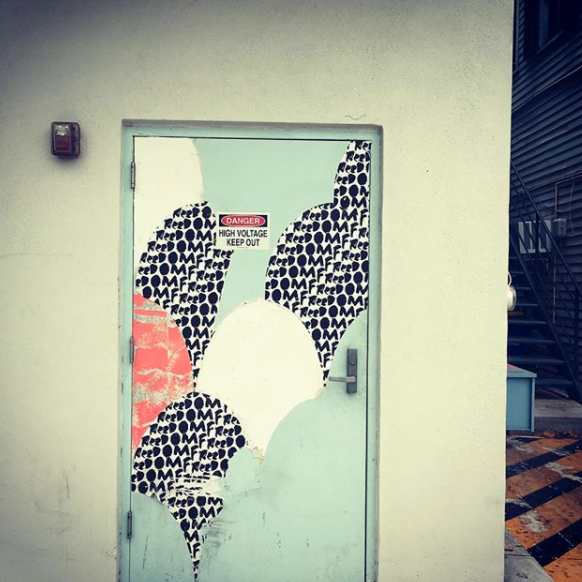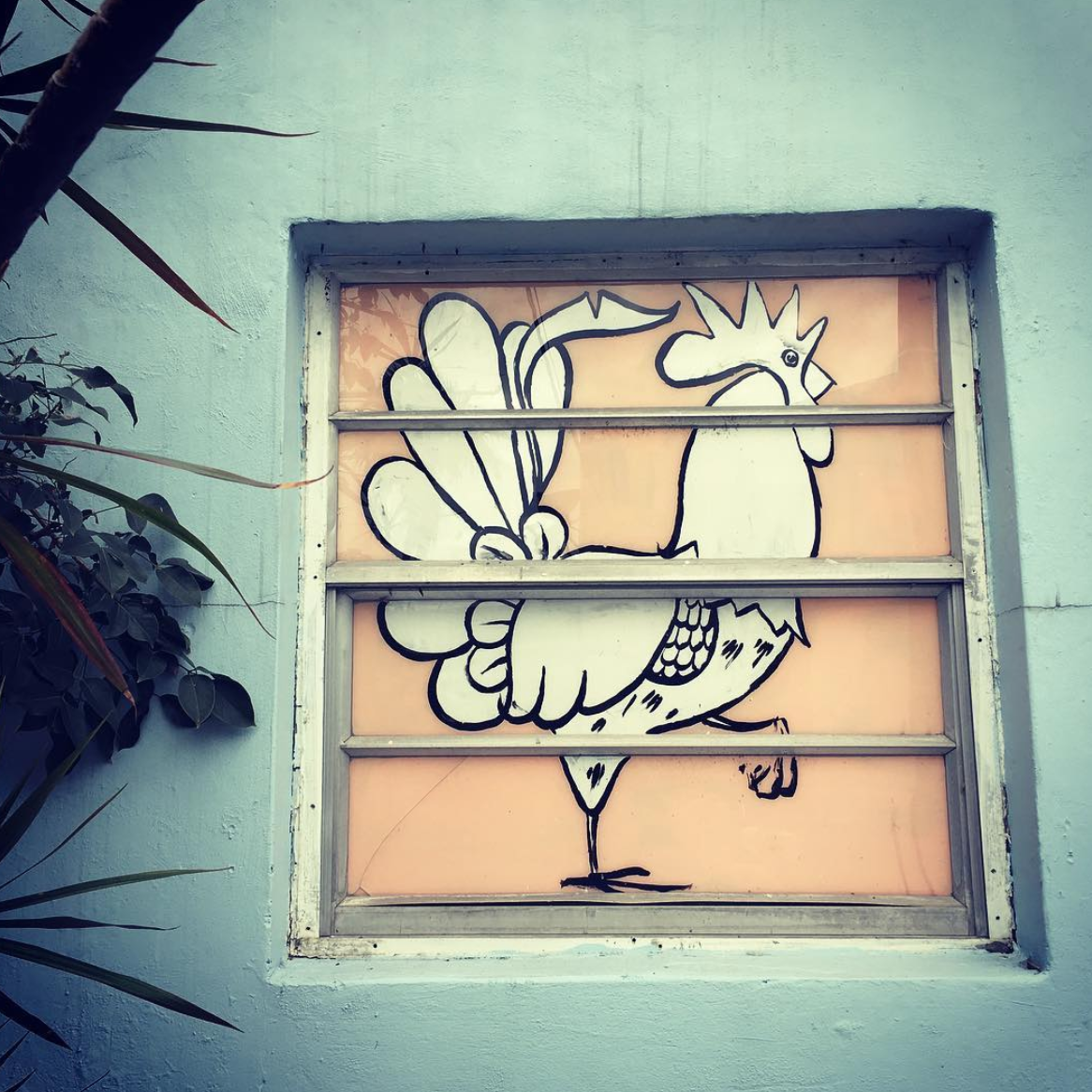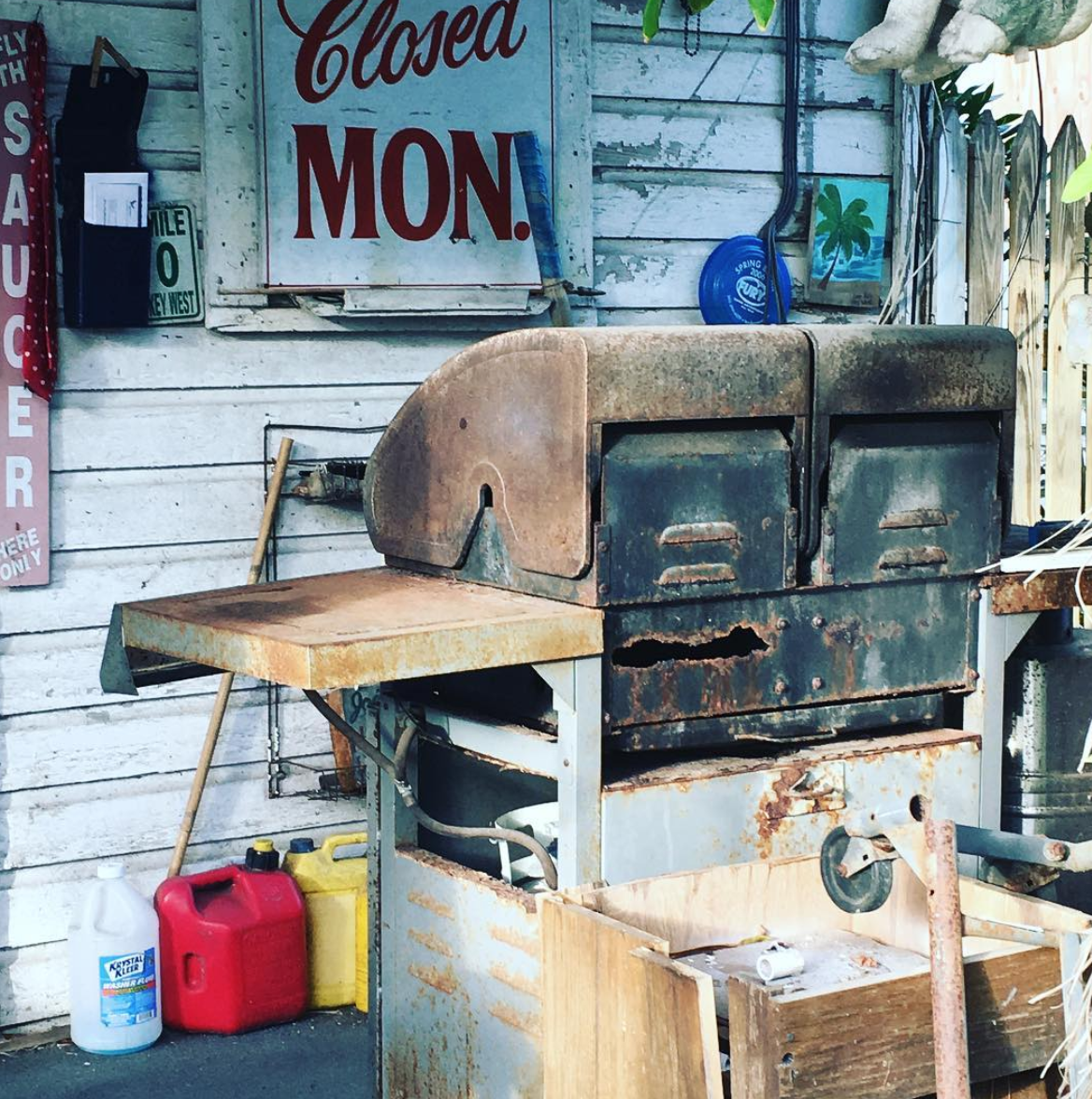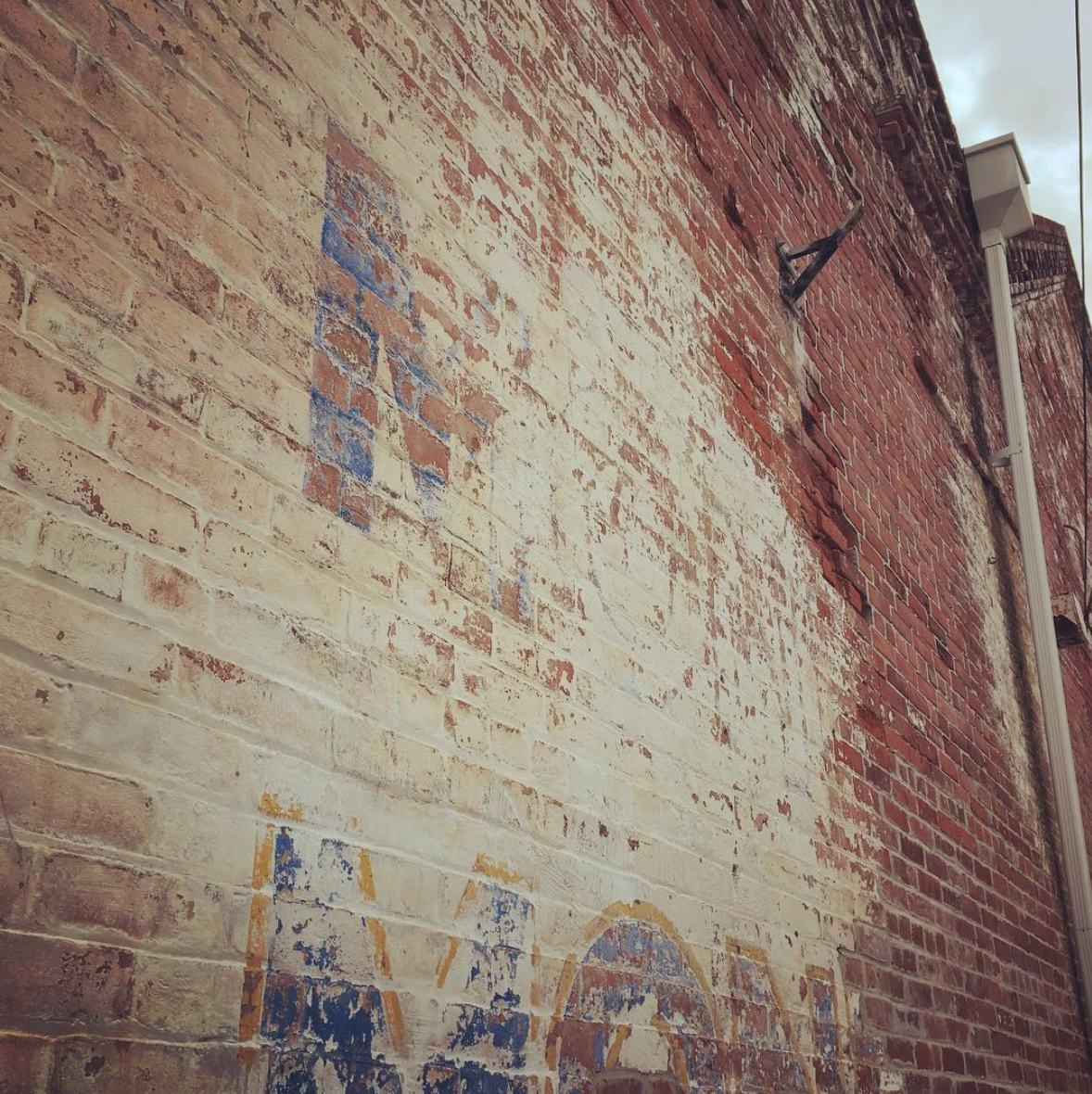
I used to work for a boss who would tell the new hires:
Never go into a meeting without an opinion. Sitting in silence doesn’t help the team or help your chances of getting hired. Speak up, argue and debate.
This is a critical balance in group dynamics. Because on one hand, we don’t want to take over the group and monopolize the conversation and bulldoze every idea in the room.
It’s not a competition. The goal isn’t to win the meeting.
But at the same time, we can’t just sit in the corner and hide behind our notebook and hope that nobody calls on us. After all, opinions are the only thing people pay for. We should have them.
Since starting my business over fifteen years ago, I’ve been fortunate to be a part of numerous mastermind groups, support networks, discussion meetups, leadership councils, entrepreneur roundtables, writers clubs and board of directors.
And whether we met once a week, once a month or once a year, the social, emotional and professional benefits were always invaluable.
But often times during meetings, I would experience contribution inadequacy. Because I would watch other people in the group exchange a larger amount of intellectual or emotional support than I did. And I would get down on myself and think, damn, that guy’s ideas were really good. Much better than my pointless suggestions.
And by the end of the meeting, feelings of guilt and insecurity would flood my system. Because I could have done more. I could have made better suggestions and asked smarter questions and expressed deeper empathy for my fellow members.
But that’s the reality of true community. There’s no scorecard.
The goal isn’t to win, it’s to belong.
Certain days you might get your needs met, certain days you might meet other people’s needs, certain days it’s mutual. As the saying goes in the recovery world,:
Sometimes you need a meeting, sometimes a meeting needs you.
What matters is that we keep coming together. And that we trust the arc of our journey to even out in the end.
Knowing that everyone fulfilled their role, contributing as much as they could, as best as they could, as often as they could.
LET ME ASK YA THIS…
Where do you experience a version of contribution inadequacy?
* * * *
Scott Ginsberg
That Guy with the Nametag
Author. Speaker. Strategist. Inventor. Filmmaker. Publisher. Songwriter.
 Buy my latest devotional!
Buy my latest devotional!
A Year in Hot Yoga: 365 Daily Meditations for On and Off the Mat.
Now available wherever books are sold.
Namaste.


















